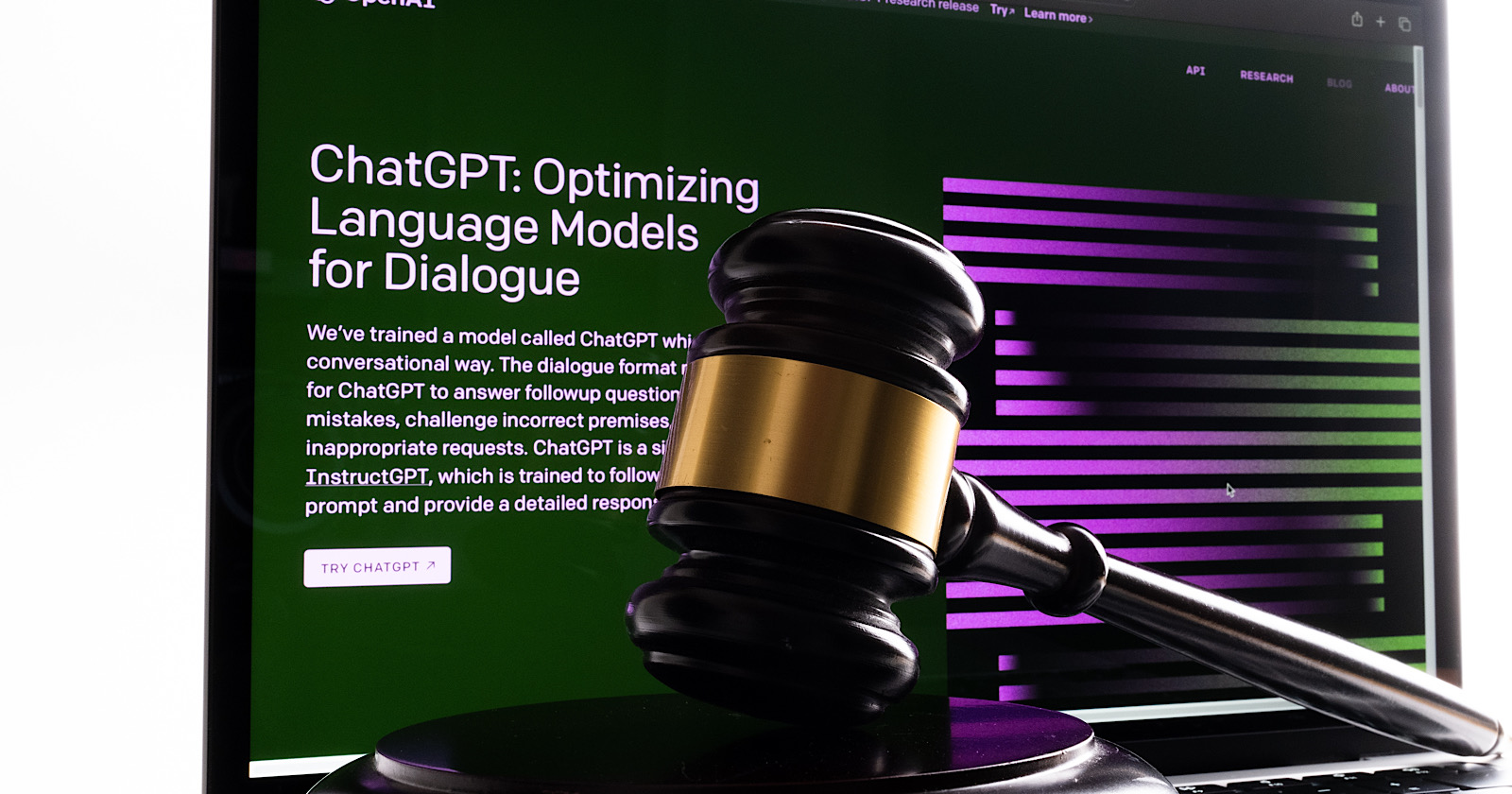Former OpenAI Whistleblower Suchir Balaji Found Dead at 26
Suchir Balaji’s Tragic Death Sparks Debate on AI Ethics and Industry Pressures

The news came like a bolt of tragedy when Suchir Balaji, who had served at OpenAI as a researcher up until he was 26 years old, was found dead in his apartment in San Francisco, located on Buchanan Street, on November 26, 2024. He recently killed himself, reports show, a month after he had been featured as an OpenAI whistleblower. The tragic death has been surrounded by controversy and debate on pressures within the tech industry, the ethical issues of the development of generative AI, and demands for more critical oversight.
Discovery of the Tragic Incident
A Police Spokesperson, Officer Robert Rueca, said no sign of foul play was determined during the preliminary investigation. Still, the death of Balaji is being treated as suicide, though further inquiries are under process. According to reports from The Mercury News, Balaji’s body was discovered inside his apartment, and the incident has left the tech community grappling with shock and grief.
Balaji has spent nearly four years working in artificial intelligence. During most of this period, specifically from November 2020 to August 2024, he did significant work on ChatGPT at OpenAI. What catalyzed the entire drama was his resignation from the company earlier this year; his resignation, followed by several public statements and allegations against OpenAI, triggered some serious questions concerning ethical and legal concerns.

Whistleblower Allegations: Copyright Violations by OpenAI
Suchir Balaji was quite aggressive while talking about OpenAI in October 2024. He had been making serious allegations that the company had infringed upon copyrights. While talking to The New York Times, he raised serious questions against using copyrighted materials for training generative AI models such as ChatGPT. He says such technologies can cause significant harm to the internet and intellectual property rights.
Balaji was worried that generative AI tools could emerge as direct market substitutes, removing the data upon which they were trained and effectively killing the original content’s authors and copyright holders. In a blog post, Balaji outlined the four factors of the “fair use” doctrine, which determine whether generative AI qualifies for fair use.
Among these factors, he highlighted:
- Purpose and Character of Use: Whether the AI’s use of data is transformative or merely replicative.
- Nature of the Copyrighted Work: Whether the material is creative (highly protected) or factual.
- Amount and Substantiality of the Portion Used: The volume of copyrighted material utilized.
- Effect on the Market: The potential harm to the market value of the original work.

In his analysis, Balaji concluded that none of these factors seemed to favour ChatGPT or similar generative AI products being deemed fair use. His remarks underscored some of the increasing legal struggles generative AI companies have been facing, beyond challenges from artists to also issues with publishers and other distributors of content.
Balaji’s Vision and Ethical Standpoint
While criticizing the legal battlefords, Balaji pointed out some ethical aspects. In an October social media post on X (formerly Twitter), he questioned whether these technologies align with the principles of fairness and sustainability in the digital ecosystem. He wrote:
“If you believe what I believe, you must leave the company.”
This bold statement reflected his frustrations with OpenAI and the generative AI industry more broadly. Balaji implored for the responsible development of AI, including transparency and accountability in making technological progress, and always tempered with societal values.
Elon Musk’s Cryptic Reaction
Elon Musk, the co-founder of OpenAI but now a vocal critic, reacted to the news that Balaji was dead with this cryptic “hmm” post on X. “The strained relationship between OpenAI CEO Sam Altman and Musk has been enough to fuel speculation about problems deeper than those of having a monopolist running this company.”.
While brief, Musk’s reaction has drawn attention to the high-stakes nature of the AI industry and the immense pressure individuals work in it face. Critics have called for more significant mental health support for tech employees, particularly in high-pressure environments like AI research.
A Trailblazer’s Tragic End
The death of Balaji leaves a grim reminder for every human life associated with incessant technological innovation, like death in the pursuit of ever-higher speed limits through AI. He is reported as a researcher who played a prominent part in generative AI, whose tools changed industry on the fly and reset patterns around how humans used those technology tools.
But, as often is the case, this journey has also revealed ethical dilemmas and personal challenges that can accompany trailblazing work. It was no small feat for Balaji to take on the whistleblowing in OpenAI.
Reactions and Tributes
His colleagues, friends, and the wider IT world were all moved to tears and took time to pay their last respects to him, using terms such as visionary who stood for authority when called upon to do so. To some, reforms in this sector’s framework are underway, such as increased oversight, ethical standards, and mental health assistance.
Bright, kind, and devoted, Suchir was described repeatedly; technology was meant to change the world. His disappearance leaves a mark on current AI ethics debates.

Broader Implications for the AI Industry
The death of Balaji along with his allegations led the debate on regulating generative AI. Policymakers were asked questions about copyright along with data usage and ethics responsibility of the developers on the industry leaders.
Time will change with this technology; however, it’s well worth remembering Balaji’s insights into a balanced approach that ensures fairness and accountability. Although his contribution to those discussions was short-lived, his mark remains indelible.
Conclusion
The sudden death of Suchir Balaji has caused terrible losses in the tech and AI world. He acted like a whistleblower, asking fundamental questions about the ethics and legal side of generative AI, raising debates that would define this industry in the future.
As he goes, that is underlined. This puts on the tech professionals themselves, but there is a call for better accountability and support in this sad end. Suchir Balaji will inspire many efforts to bring a more equitable and ethically balanced technological future.




